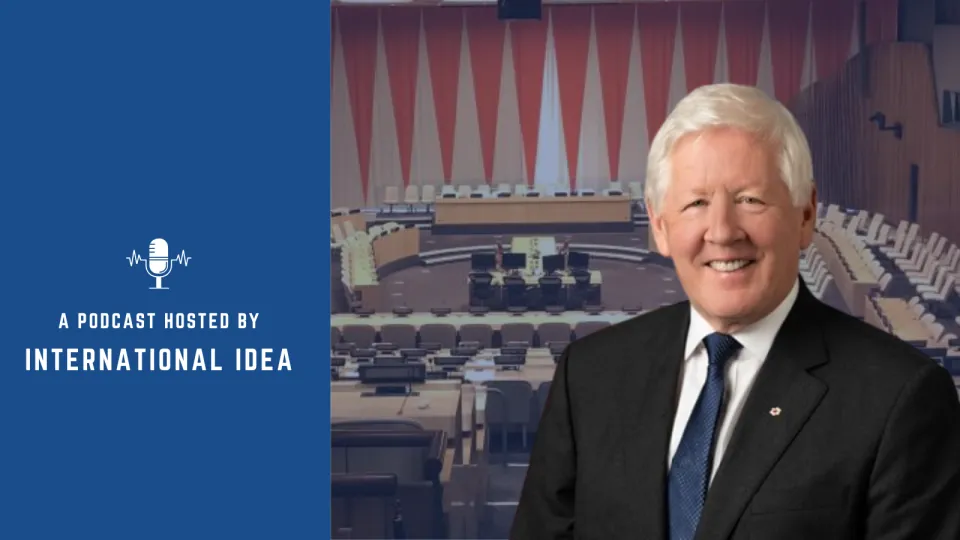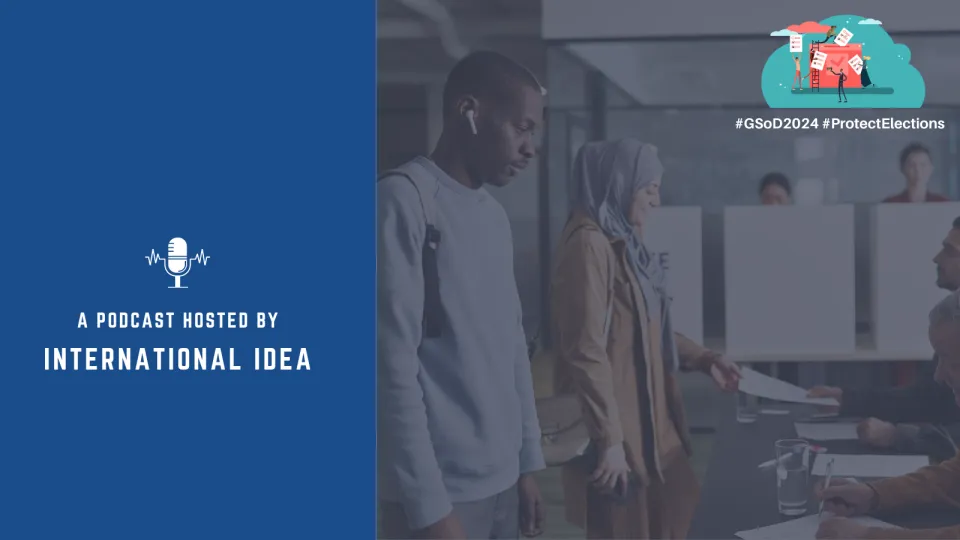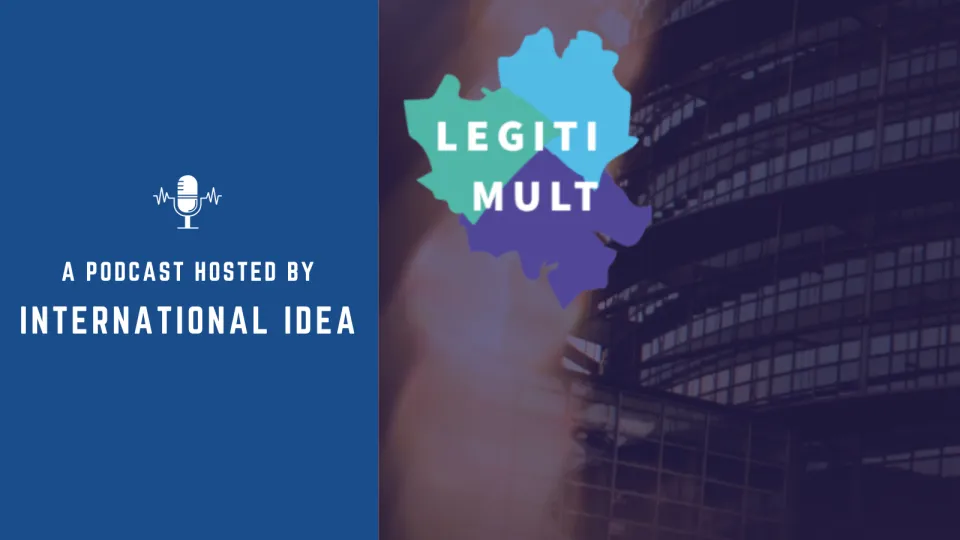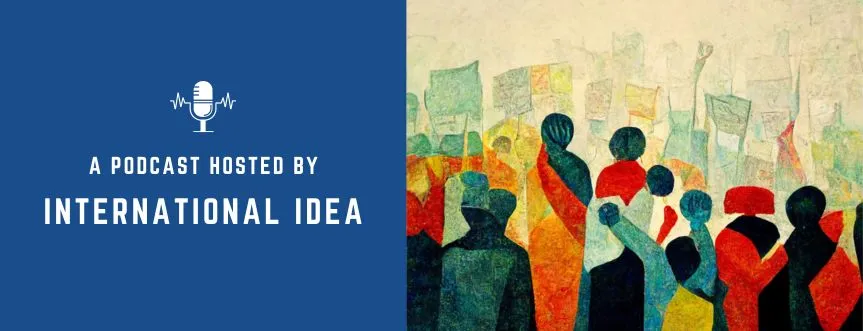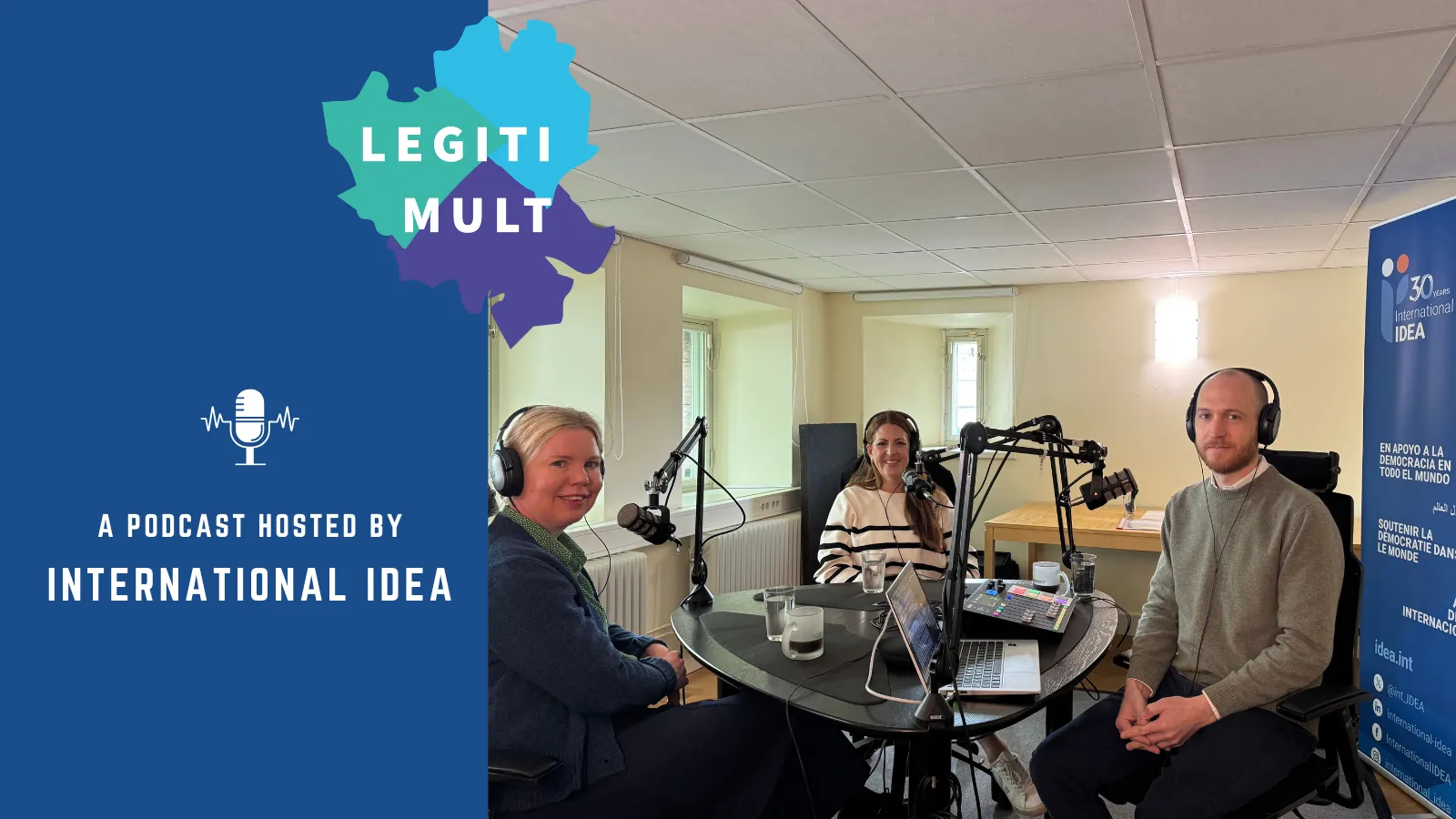
This is the third of a podcast series featuring LEGITIMULT, its findings and tools for addressing and solving future crises. This episode builds “Lessons from Covid-19 – Journalism in a Post-Pandemic Future” media workshop (more details below), and delves into the topic of crisis reporting. The conversation highlights the media’s dual role in both informing the public and holding those in power accountable, as well as the crucial distinction between facts and opinions in journalism—especially through journalists’ experiences during the Covid-19 pandemic.
Drawing from the lessons of the COVID-19 pandemic the LEGITIMULT (Legitimate Crisis Governance in Multilevel Systems) project aims to identify a model of political legitimate crisis governance that takes into account the interplay between international, national, regional and local governments and institutions. Its guiding research question “Which conditions contribute to democratically legitimate crisis governance?” will allow governments and policy makers to better face the crises of the future.
The aim is not only to have effective responses, but that these measures respect and guarantee basic human rights and freedoms.
LEGITIMULT is funded through Horizon Europe and the Swiss State Secretariat for Education, Research and Innovation (SERI).
Background reading
Workshop summary article: Lessons from Covid-19 – Journalism in a Post-Pandemic Future
Blog post inspired by the media workshop: In times of crisis: How to keep calm and carry on
Guests
- Ms Amina Manzoor, Science Journalist at Expressen, Sweden
- Ms Therese Bergstedt, Science Journalist focusing on public health and climate issues at Svenska Dagbladet, Sweden

